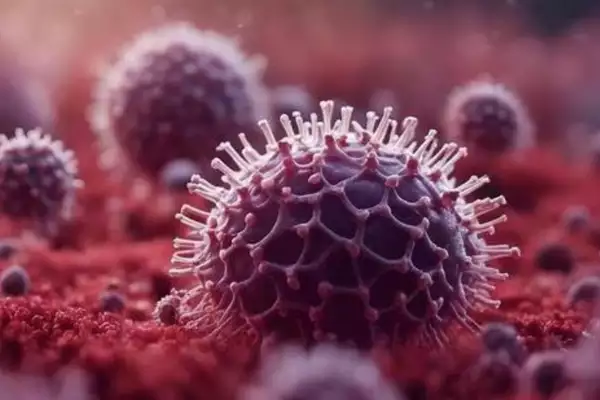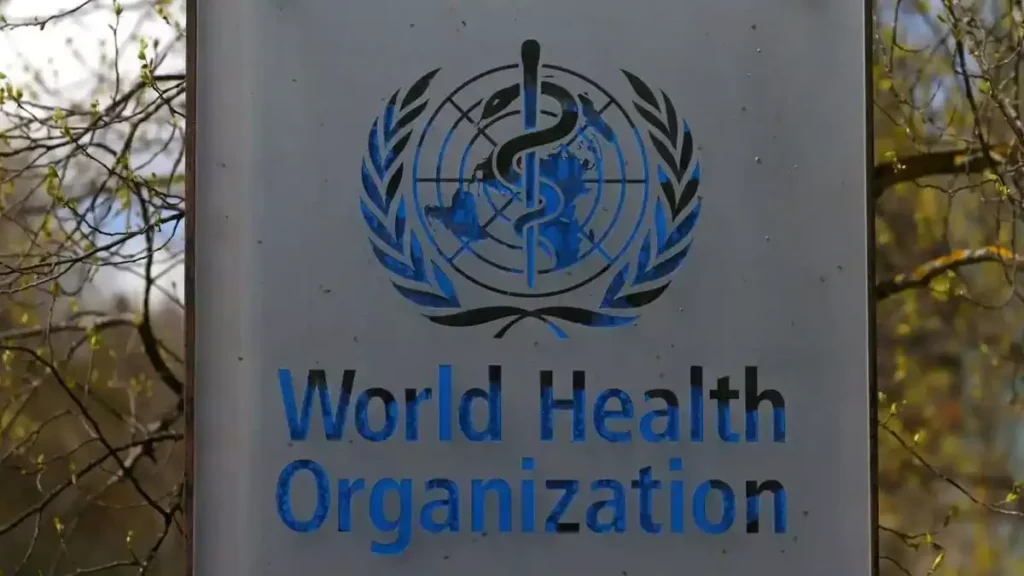The World Health Organization (WHO) has issued a warning about the current outbreak of the Chandipura virus (CHPV) in India, marking it as the largest outbreak in the past 20 years.
- The outbreak is most prevalent in western, central, and southern regions of India, particularly during the monsoon season.
About CHPV (Chandipura Virus):
- A member of the Rhabdoviridae family, sharing genetic similarities with the rabies virus.
- First Detected: In 1965, in Chandipura, Maharashtra.
Transmission:
- Primary Vectors: CHPV is primarily transmitted through sandflies, with mosquitoes and ticks also being potential vectors.
- Risk Areas: Rural regions are particularly susceptible, necessitating effective vector control measures.
Symptoms:
- Initial symptoms include:
- Sudden Fever
- Vomiting
- Altered Sensorium: Changes in mental status or consciousness.
- Severe manifestations may include:
- Convulsions
- Diarrhea
- Neurological Deficits: Loss of speech, balance, and vision.
- Meningeal Irritation: Symptoms such as headaches, neck stiffness, photophobia (sensitivity to light), and seizures.
Treatment:
- Current Status: No specific antiviral treatment or vaccine is available for CHPV.
Prevention:
- Vector Control: Key strategies include identifying and treating sandfly breeding grounds with insecticides.
- Sanitation Improvement: Enhancing sanitation and environmental conditions is crucial.
- Protective Measures: Use of protective clothing, insect repellents, and nets to prevent bites, along with proper waste management and eradicating open-air defecation.
Ref: Source
| UPSC IAS Preparation Resources | |
| Current Affairs Analysis | Topperspedia |
| GS Shots | Simply Explained |
| Daily Flash Cards | Daily Quiz |
Frequently Asked Question:
What is the Chandipura Virus (CHPV)?
CHPV is a virus from the Rhabdoviridae family, genetically similar to the rabies virus, first detected in 1965 in Maharashtra, India.
How is the Chandipura Virus transmitted?
CHPV is primarily transmitted through sandflies, with mosquitoes and ticks also being potential vectors.
Is there any treatment available for CHPV?
No specific antiviral treatment or vaccine is currently available for Chandipura Virus.


